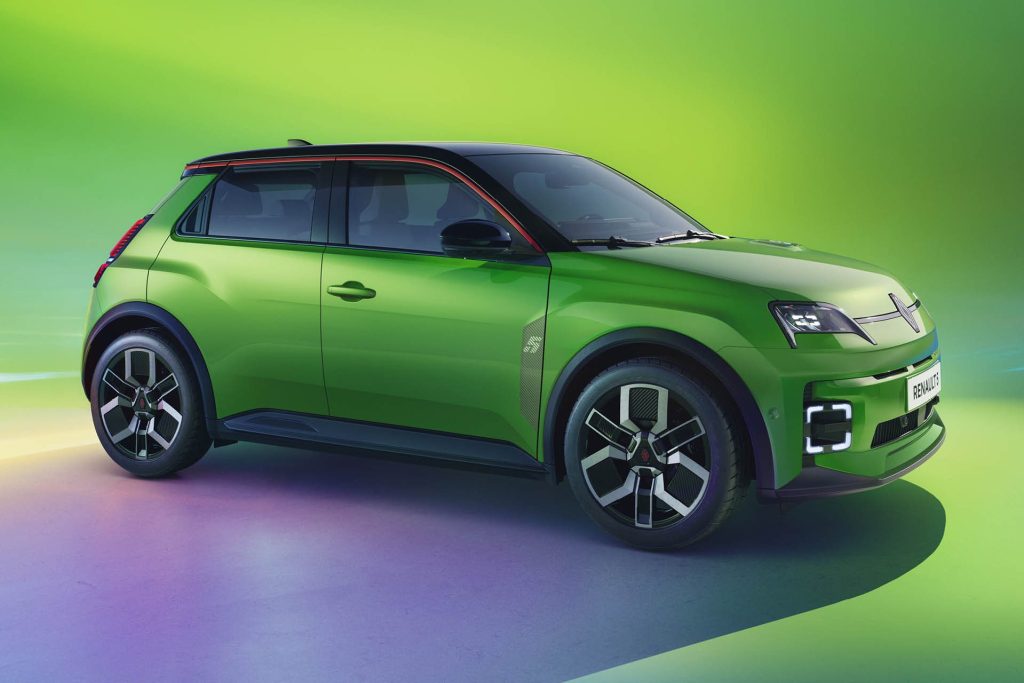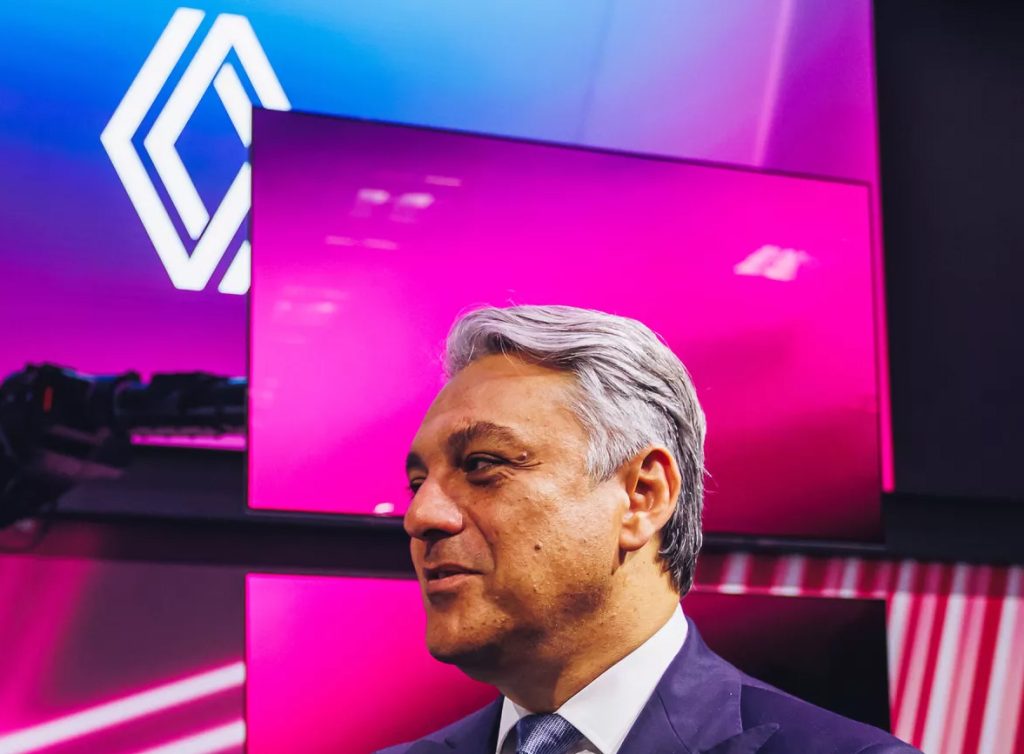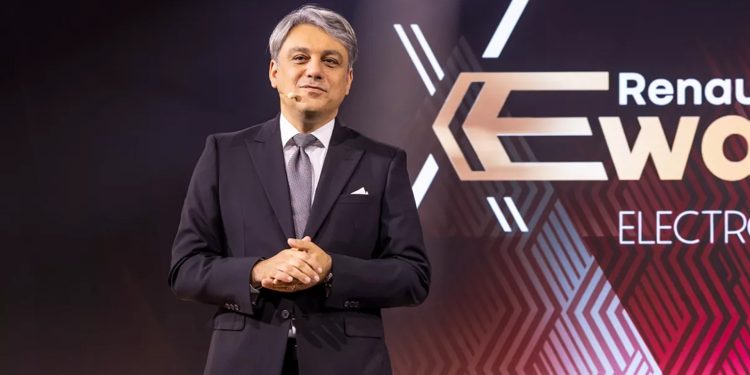Renault’s CEO Luca de Meo leaves for new position
Words NZ Autocar | Images Renault
Luca de Meo, the CEO of Renault Group, has stepped down suddenly after five years in the role. Evidently he has secured a job running the firm that owns luxury brands Gucci and Yves Saint Laurent.

The Italian joined the French company after a stint with Seat, during which he engineered the concept of Cupra. When he joined in July 2020, Renault was in a parlous state. Many small cars on the drawing board were replaced by more profitable SUVs.
He also worked closely with Geely on EVs, the result being the wildly popular Renault 5 reboot.
That’s thanks largely to the ‘Renaulution’ business plan part of which involved the transformation of Alpine into an electric performance brand. The masterplan helped revive Renault’s fortunes. The company that was haemorrhaging cash when de Meo arrived has made improving profits since 2021.
De Meo’s current employment will end mid-July. Meantime Renault will seek a replacement CEO “based on the already defined succession plan”. An internal appointment seems a strong possibility.
Two media outlets have reported that de Meo will be named the new CEO of Kering. It is a French holding company that specialises in luxury goods brands.
Of his departure from Renault, de Meo said: “There comes a time in one’s life when one knows the job is done.

“We have a strong team and an agile organisation. We also have a strategic plan ready for the next generation of products.
“That is why I have decided it is time for me to hand over the baton.”
De Meo won the prize for best automotive CEO at the 2024 Autocar UK Awards. He said that he believed he was leaving a company that was well set for the future.
Renault Group chairman, Jean-Dominique Senard, described de Meo as “an exceptional captain of industry”.
He added: “The entire company joins me in thanking him for all these years and all the collective challenges successfully met”.
De Meo’s departure is a surprise, given that recently he said he had no desire to leave Renault.
As well as being the head of Renault, de Meo has also served as president of the European Automobile Manufacturers Association (ACEA). In that position, he advocated for a class of small European city cars to take on cheaper Chinese rivals.





